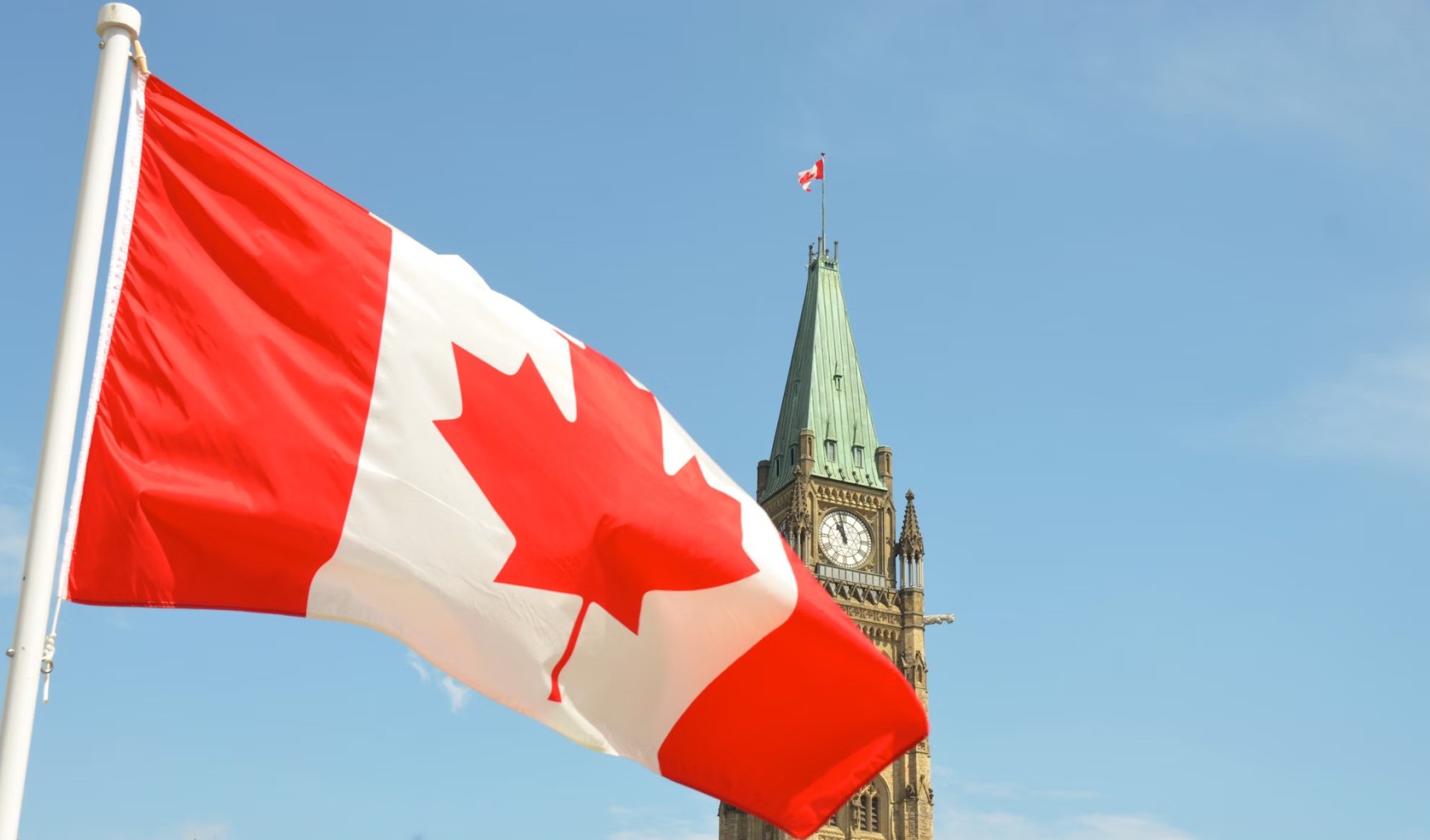
Every senior in Canada deserves to age in dignity, safety, and comfort, regardless of where they live. That is why the Government of Canada is investing close to $200 billion over 10 years, which includes $5.4 billion for tailored bilateral agreements with provinces and territories on Aging with Dignity.
The Honourable Seamus O’Regan Jr., Minister of Labour and Seniors, on behalf of the Honourable Mark Holland, Canada’s Minister of Health, and the Honourable Tom Osborne, Newfoundland and Labrador’s Minister of Health and Community Services, announced a bilateral agreement to invest $78 million over the next five years to help residents of Newfoundland and Labrador age with dignity. This funding builds on the close to $256 million bilateral agreement that was announced with the province in March of 2024.
Federal funding will support Newfoundland and Labrador’s five-year action plan to improve health care for seniors. The plan will:
Improve home and community care systems
- Hire additional clinical staff to increase access to care and support;
- Utilize technology for new service delivery models and implement initiatives for timely access to home supports and care needs, medications, and medical equipment based on clinically assessed needs;
- Support individuals living with dementia through new community-based supportive care options and more training courses; and
- Increase options for restorative and rehabilitative care in the community.
Enhance palliative and end-of-life care
- Support a new 10-bed community hospice in Grand Falls-Windsor;
- Improve access to supports and services for individuals at end of life living at home; and
- Improve palliative and end-of-life care through more training and education opportunities for care providers.
Strengthen the workforce
- Establish a geriatric medicine fellowship at Memorial University;
- Fund wage increases for more than 1500 personal support workers (PSW) employed in personal care homes, and bolster recruitment and retention initiatives for those providing care; and
- Support training to improve health care outcomes and promote independence and well-being.
Enhance the quality of care and quality of life through improved long-term care standards
- Ensure long- term care home standards align with national standards;
- Improve quality of life and quality of care, as well as staff work life balance; and
- Implement a person-centered care approach to care through social and recreational programming, access to behaviour management specialists, and advanced dementia care education.
Progress on these initiatives and broader commitments will be measured against targets which Newfoundland and Labrador will publicly report on annually.
Through this new agreement and the Working Together agreement signed in March 2024, the Government of Newfoundland and Labrador will work with the Government of Canada to improve how health information is collected, shared, used and reported to Canadians; streamline foreign credential recognition for internationally educated health professionals; facilitate the mobility of key health professionals within Canada; and fulfill shared responsibilities to uphold the Canada Health Act to protect Canadians’ access to health care based on need, not the ability to pay.
Recognizing the significant disparities in Indigenous health outcomes, the Governments of Canada and Newfoundland and Labrador also commit to meaningfully engaging and working together with Indigenous partners to support improved access to quality and culturally appropriate health care services. Newfoundland and Labrador’s action plan is informed by continued engagement with its Indigenous partners and supported by the recent trilateral discussions involving the federal government. All levels of government will approach health decisions in their respective jurisdictions through a lens that promotes respect and reconciliation with Indigenous Peoples.
Newfoundland and Labrador and the federal government will continue working together to improve health services and deliver results for seniors across the province, including responding to the needs of rural, remote, Indigenous and other underserved and disadvantaged populations.















